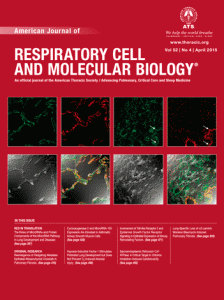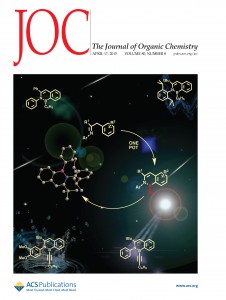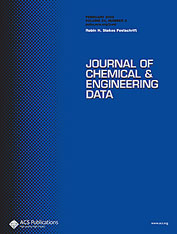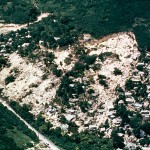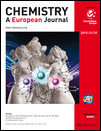 Authors of a 2010 Chemistry – A European Journal article have retracted it “due to the wrong assignment of structure” of catalysts.
Authors of a 2010 Chemistry – A European Journal article have retracted it “due to the wrong assignment of structure” of catalysts.
The retraction is the third, by our count, for corresponding author Doo Ok Jang, a chemist at Yonsei University in Wonju. Jang authored one of the previously retracted papers with Sung Jun Kim and the other with Sang Yoon Kim. Both papers were also sunk by misassigned structures.
The current study, “Enantioselective Radical Addition to Ketimines: A Synthetic Route Towards α,α-Disubstituted α-Amino Acids,” is authored by all three chemists. Here’s the retraction notice:
Continue reading Third structure slip-up for chemist in Korea yields retraction
